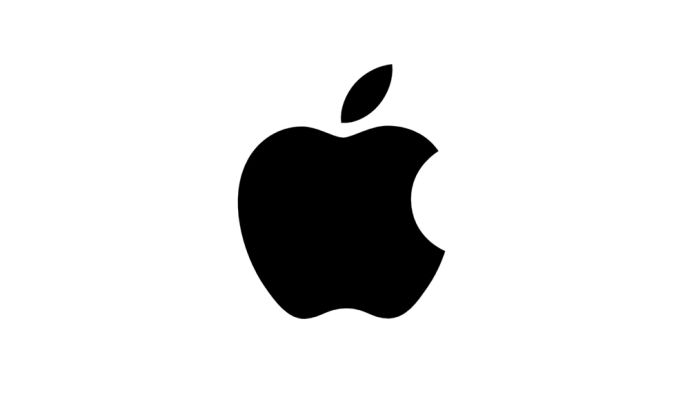iPhone 12 vs iPhone 8: does three years make a big difference?
Pick the best iPhone for your needs
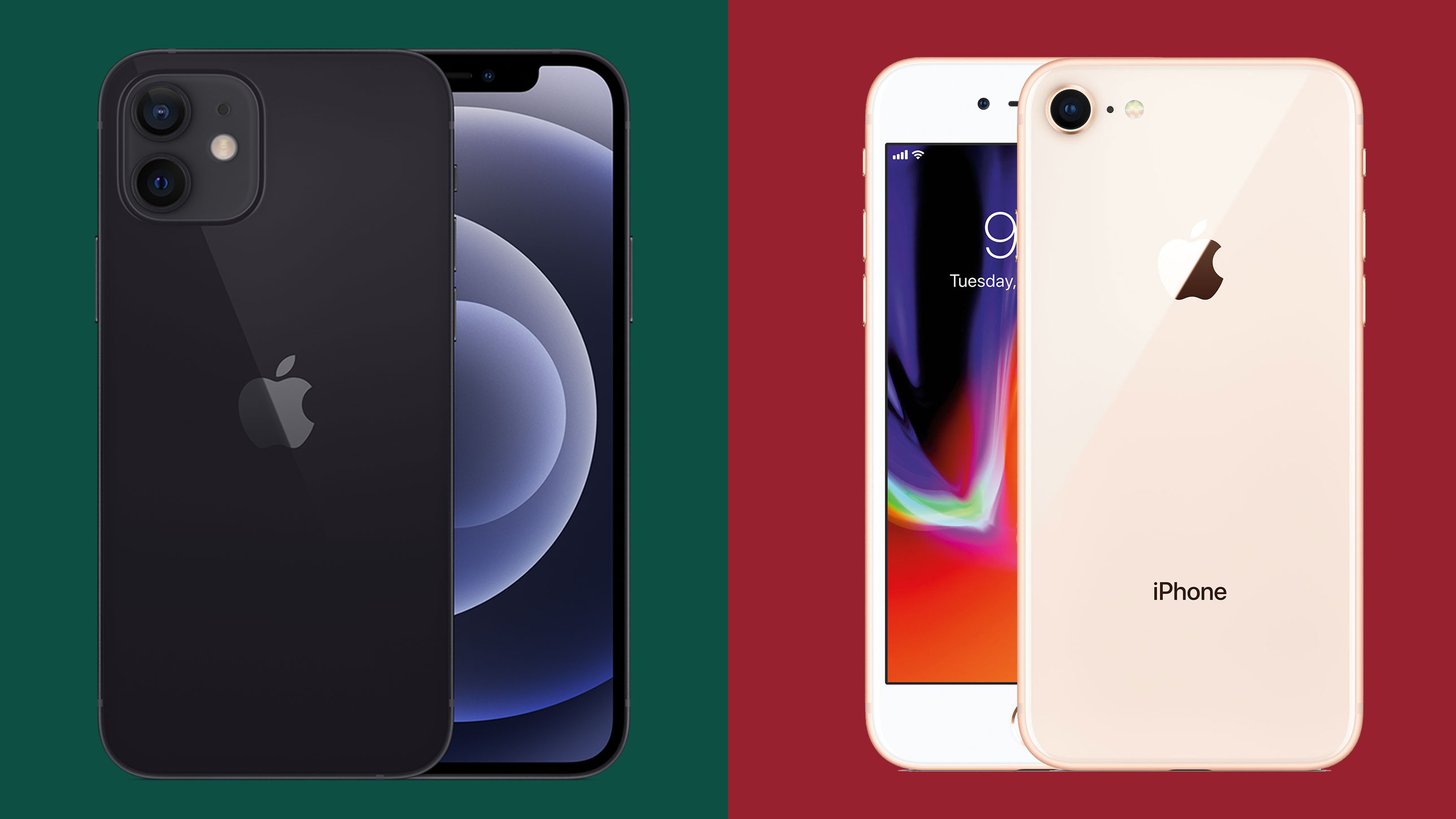
While the iPhone 12 and its siblings are now considered the flagship smartphones from Apple, the iPhone 8 once held that same position back in 2017. It's clear already then that the iPhone 12 will pack in more features and up to date specifications than the iPhone 8, but when it comes to knowing how best to spend your money, things can get a little more complicated.
The iPhone 12 has the better screen and all-around power, but if you prefer a smaller and more lightweight device then the iPhone 8 may be worth your time. Depending on what you're willing to sacrifice, of course.
With a lot to consider, we've taken the time to compare the iPhone 12 and iPhone 8 so you can see exactly which is the best option for you and your wallet.
Price and availability
The iPhone 8 was released on 22 September of 2017, while the iPhone 12 launched 23 October of 2020.
At launch, the iPhone 8's price began at $699 / £699 / AU$1,079 for a 64GB model with the price gradually creeping down over the years. You can sometimes find it for half that now - if you can find it at all, as the phone has been discontinued by Apple, so it's increasingly being sold pre-owned or 'renewed' rather than new.
In comparison, the iPhone 12 is available from $799 / £799 / AU$1,349 - again for a 64GB variety.
Clearly, the iPhone 8 is far more affordable then as you'd expect for a phone over three years old, but whether that's an issue is going to depend on how much you're willing to invest into additional features. We're not big fans of the iPhone 12 starting at a mere 64GB of storage. Simply put, most users will need more space over time.
Get daily insight, inspiration and deals in your inbox
Sign up for breaking news, reviews, opinion, top tech deals, and more.
Design
The iPhone 8 is easily the smaller of the two devices but it's not by as significant a margin as you might necessarily think. The iPhone 8 has dimensions of 138.4 x 67.3 x 7.3mm while the iPhone 12 offers measurements of 146.7 x 71.5 x 7.4mm. Yup, the depth is essentially the same despite the iPhone 12 packing in a fair amount more specs-wise.
The subtle quarter of an inch here or there won't make a massive difference unless, of course, you're dealing with small pockets. Similarly, weight is almost inconsequential with a mere 14 grams between the two - the iPhone 12 at 162g and the iPhone 8 weighs 148g.
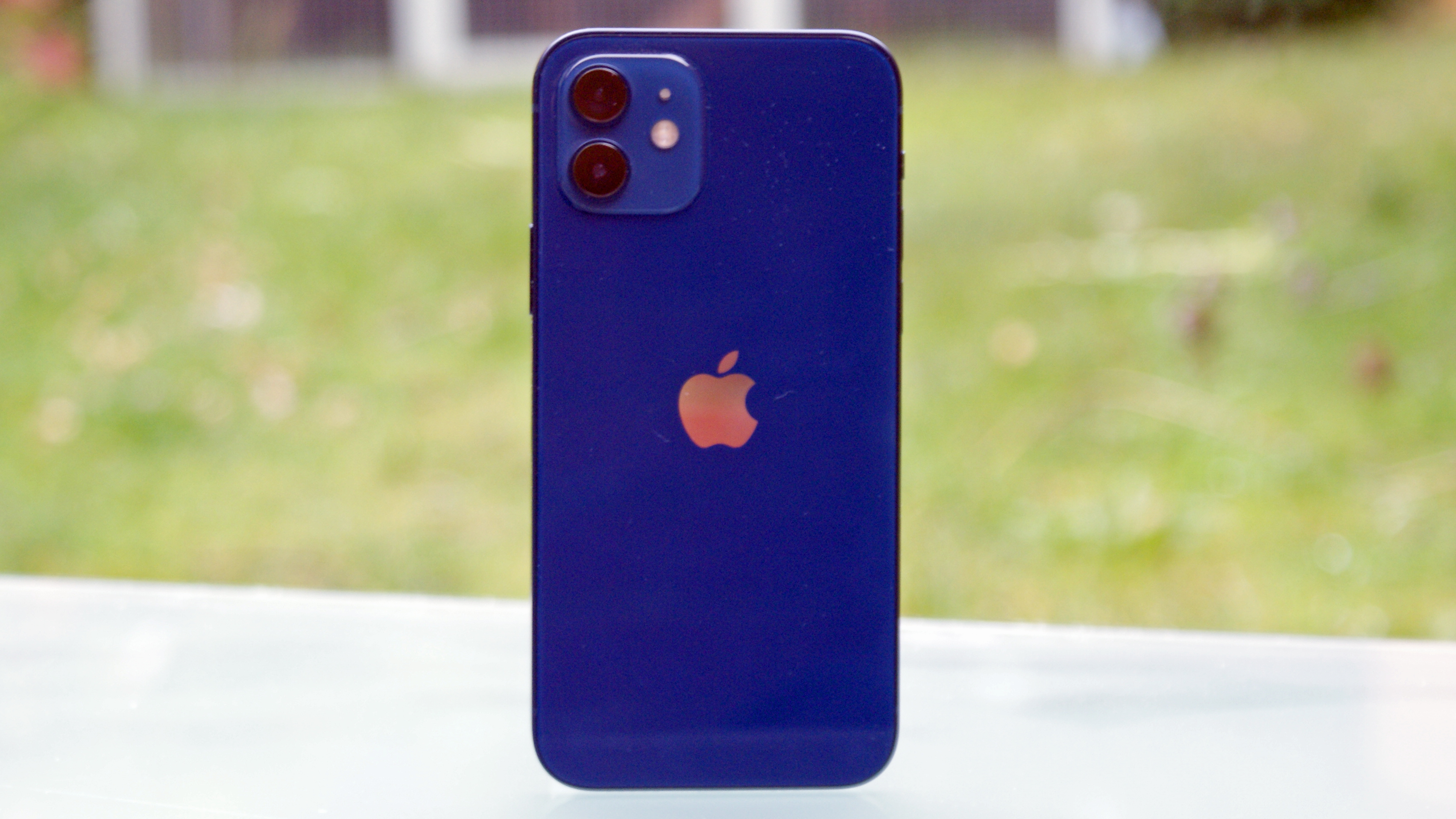
We can't see this being a deal-breaker for anyone and neither will feel more uncomfortable in your hand than the other because of their weight.
The iPhone 12 feels a little sharper to hold than its predecessor thanks to a design that's more reminiscent of the iPhone 4 than anything else. Its edges offer a sharp 90-degree angle rather than the curved sides of the iPhone 8 for instance.
Apple reckons this means that the glass back of the phone is twice as likely to survive a fall, and its front has a Ceramic Shield that further helps defend it from a drop. The iPhone 12 also has minimal bezels, with just a large notch above the screen.
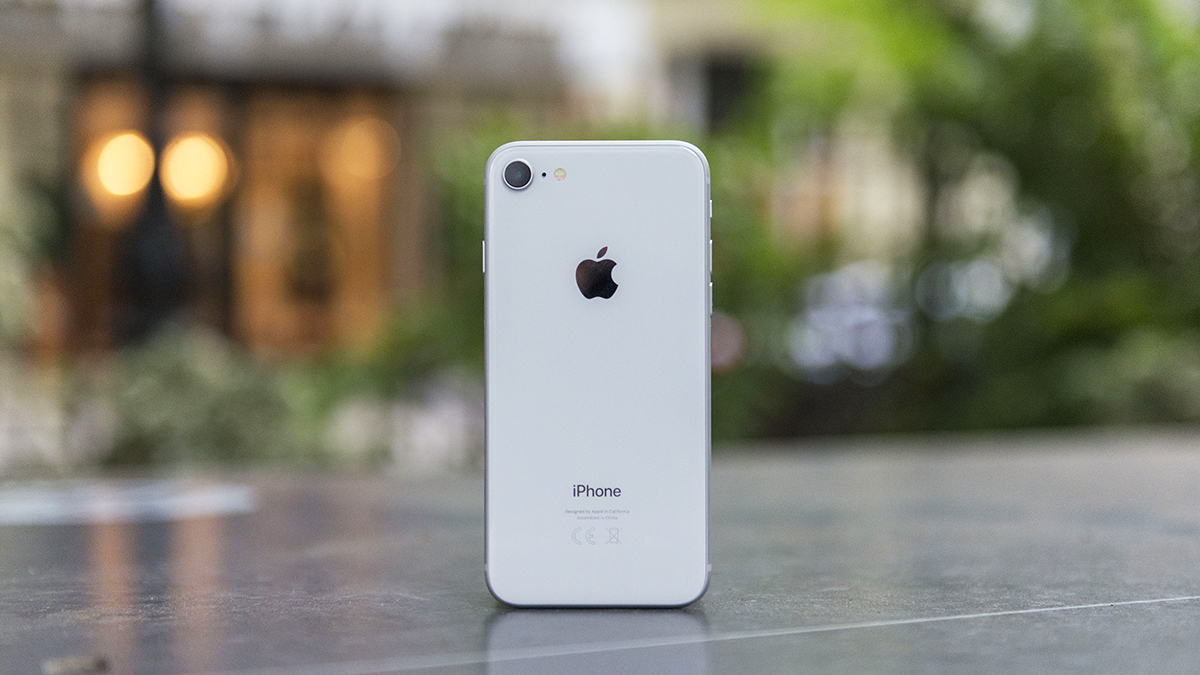
Alternatively, the iPhone 8 has curved edges and feels a little comfier to hold, but it's certainly less sturdy. Its glass rear looks great, but we don't fancy its chances in a fall unlike the iPhone 12. This phone is definitely going to need a bumper or case to withstand daily living as it's prone to scratches and fingerprints.
It also looks arguably worse from the front, with big bezels above and below the display.
Finally, the iPhone 12 is rated IP68 for water resistance meaning a maximum depth of 6 meters for up to 30 minutes compared, to the iPhone 8's IP67 rating which equates to 1 meter for up to 30 minutes.
Display
Three years has meant a lot of change between the iPhone 8 and the iPhone 12. The iPhone 8 sports a 4.7-inch Retina HD display which utilizes IPS technology. In contrast, the iPhone 12 has a 6.1-inch Super Retina XDR OLED display. Resolutions are also, predictably, different, with the iPhone 8's 750 x 1334 up against the iPhone 12's 1170 x 2532.
There's no denying that the iPhone 12 looks significantly better for it but that's not to say the iPhone 8 doesn't have its place. If you prefer the old days of smaller screens and devices, then it'll certainly still seem appealing.
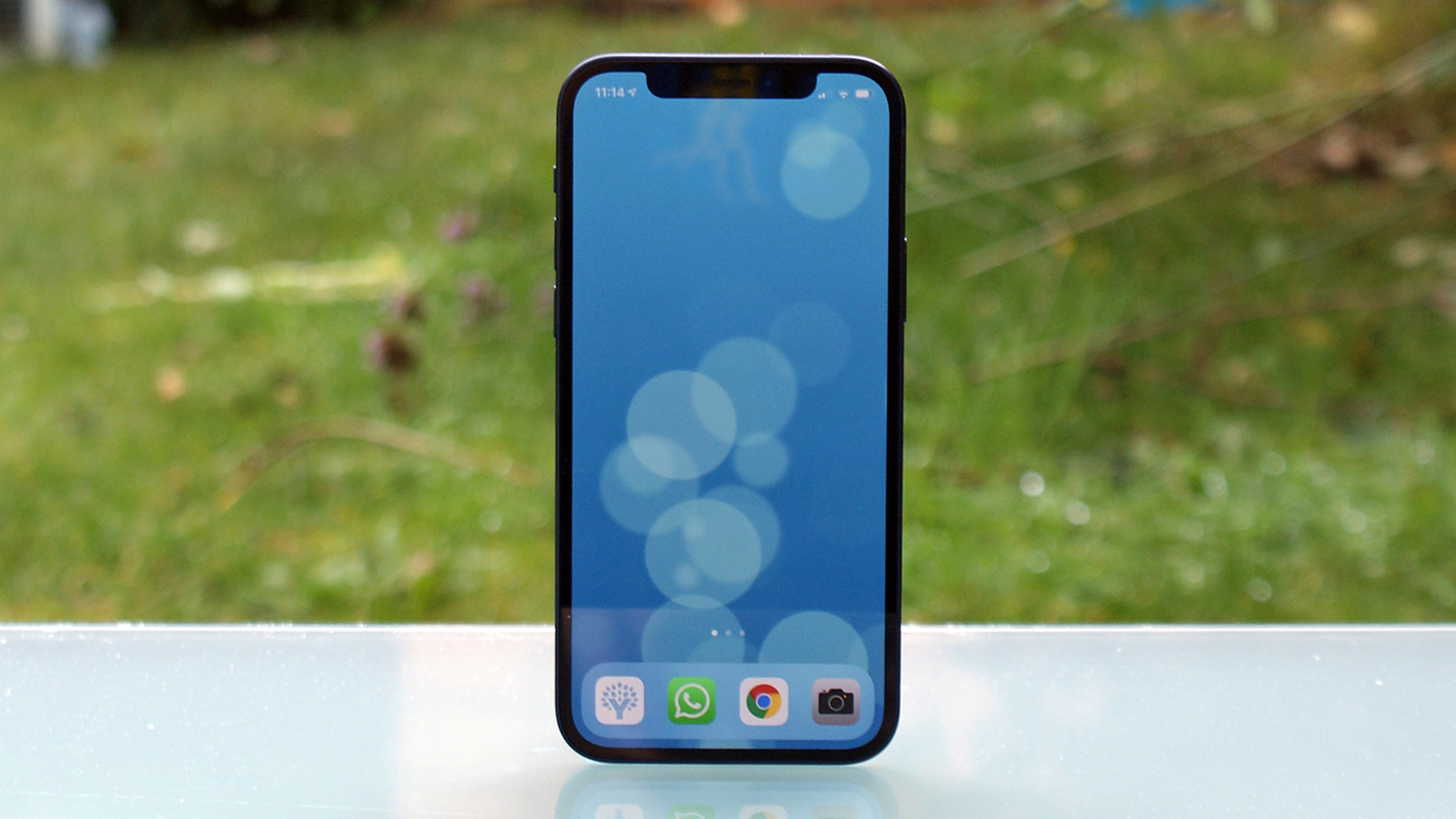
Obviously though, for streaming content, the iPhone 12 is the better option. The iPhone 12 may not have the biggest display out of all the iPhones but it certainly makes more of an impact compared to the iPhone 8's screen. That's further enhanced by its HDR support which can make images pop more noticeably.
Still, if you have small hands, you may prefer being able to reach entirely across the iPhone 8's screen with minimal effort rather than needing to stretch with the newer model.
Camera
When it comes to camera quality, there's no contest here. If you want to take plenty of great images (and you can afford the extra), you need the iPhone 12 over the iPhone 8.
The iPhone 12 offers a dual 12MP camera system encompassing an f/2.4 ultra-wide and an f/1.6 wide (standard) lens, while the iPhone 8 only has a single wide 12MP f/1.8 lens. That might not sound like too big a contrast, especially if you rarely take ultra-wide images, but the iPhone 12 backs it up with so much more.
That includes a Night mode that means you can take photos in low light scenarios reasonably well.
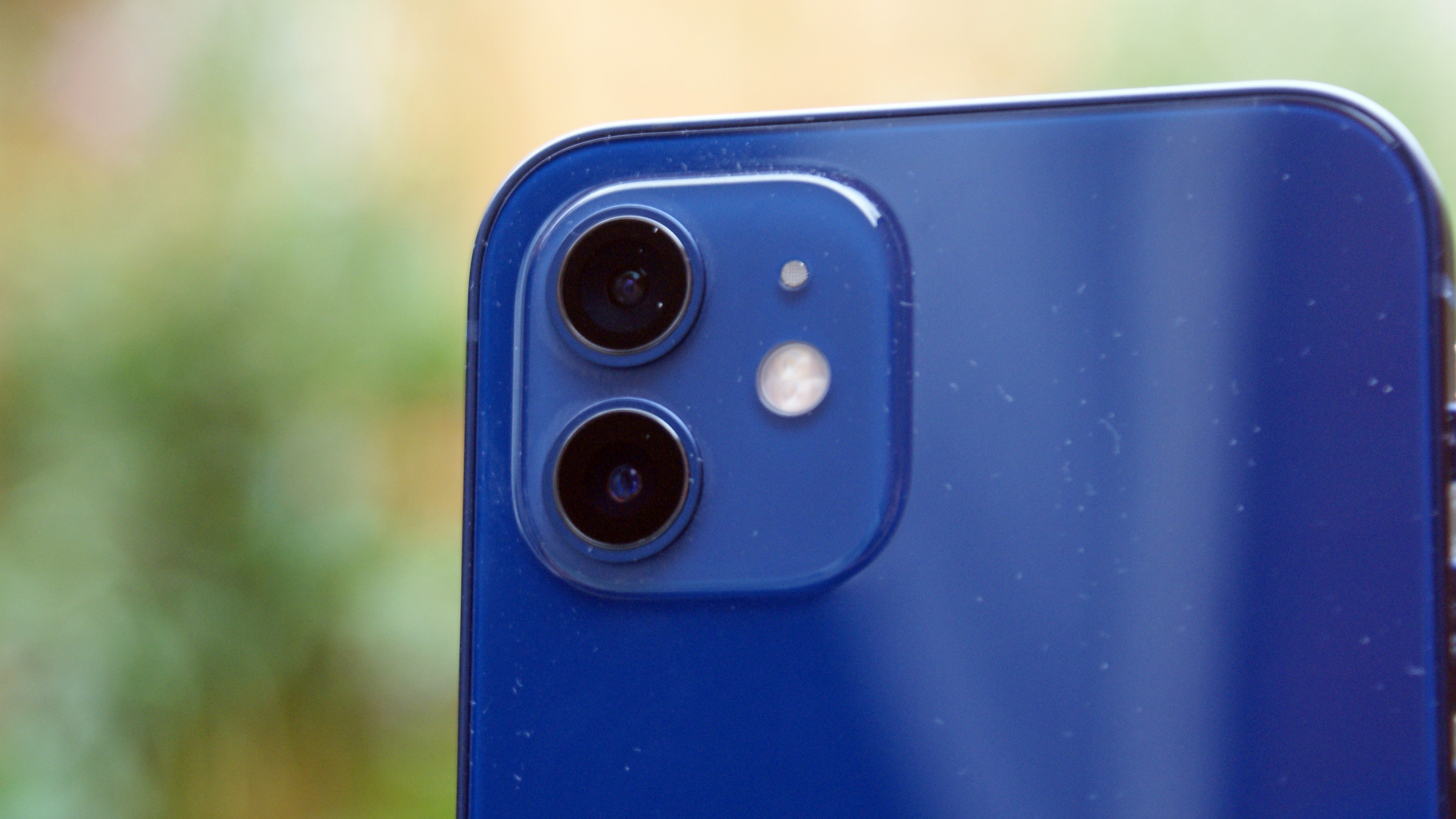
The iPhone 12 also has a Portrait mode that we've seen on older iPhones such as the iPhone 11 but not the iPhone 8. That provides advanced bokeh features, depth control, and a series of six effects to ensure your portrait images look better than before.
When it comes to selfies, the iPhone 8 sports a 7MP FaceTime HD camera while the iPhone 12 offers a 12MP TrueDepth camera instead. Again, there are the useful Portrait mode options along with a Night mode on the iPhone 12.
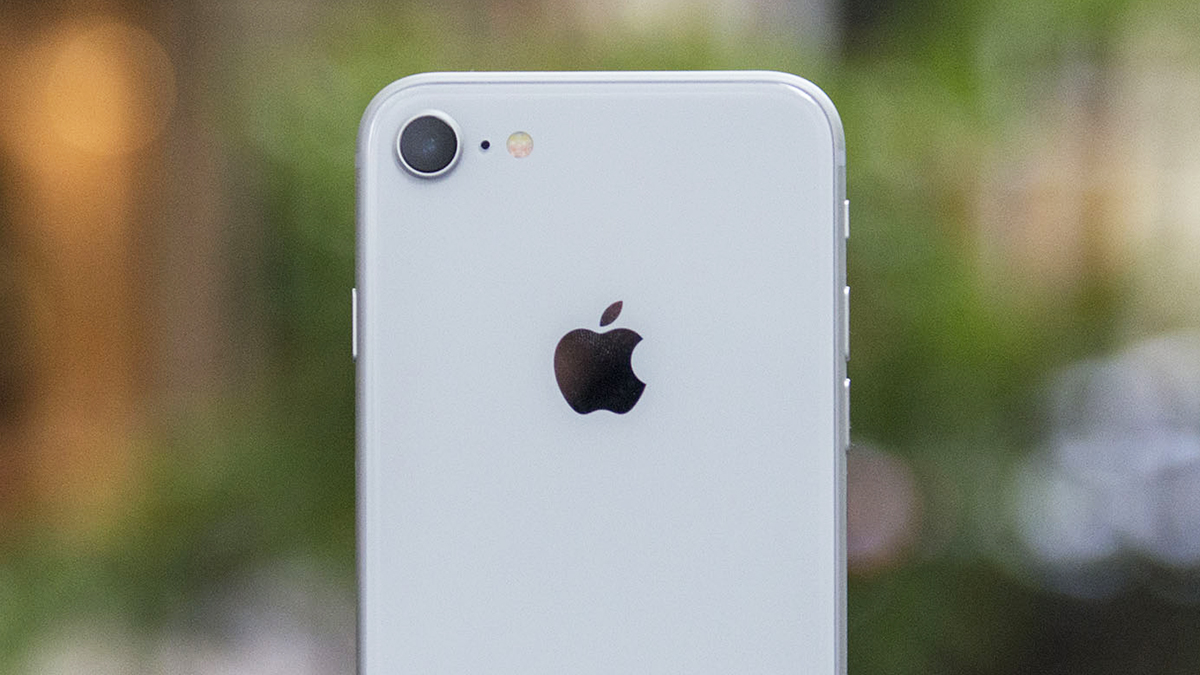
Video recording is a similar story of the iPhone 12 triumphing over the aging iPhone 8. Both phones can record in 1080p or 4K at up to 60fps, but the iPhone 12 extends that with HDR Dolby Vision video recording at up to 30fps.
The iPhone 8 simply can't compete with a few extra years of camera development. Although it's worth noting if you want superior video recording capabilities, then the iPhone 12 Pro or iPhone 12 Pro Max is what you need.
Specs and performance
The iPhone 8 was the first iPhone to have a six-core processor at its heart - the A11 Bionic chip to be exact. At the time, it meant that apps and games ran smoothly and multi-tasking was suitably strong too. However, it was never much of a game-changer.
In comparison, the iPhone 12 outperforms it considerably with its A14 Bionic chipset. It's sure to be a lot more future-proofed (for a price) because of this and likely to stand up to the latest games for a while to come.
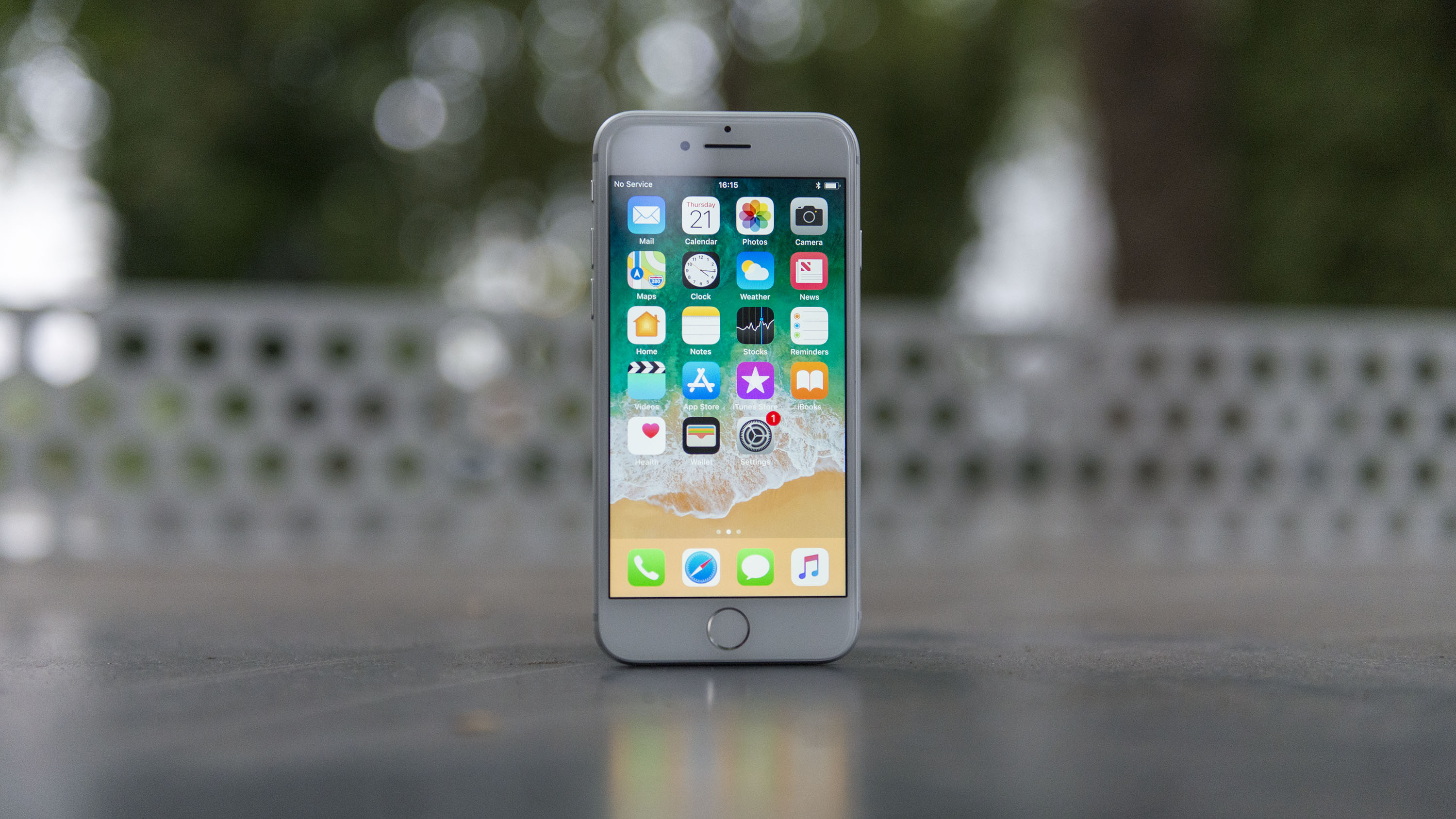
The iPhone 12 also has the edge for mobile connectivity - it supports 5G while the iPhone 8 only offers 4G. Even if you live in an area that's yet to get 5G coverage, that's likely to change in the near future. So the iPhone 12 will prove far more useful in the long term than the iPhone 8.
Both phones start at a mere 64GB of storage with no way of adding storage later. 64GB really isn't enough for a phone of either caliber anymore. You'd be wise to budget for at least 128GB with the iPhone 12 while the iPhone 8's only alternative is 256GB of storage. That might bump up how much you spend but you'll likely regret going for any less.
Battery life
Apple has been steadily improving iPhone battery life with each iteration, but the progress has been slow. Both the iPhone 8 and iPhone 12 can manage a full day for the most part though, depending on what you're doing with them.
Perhaps the most awkward thing here is making sure you buy a new iPhone 8 rather than a refurbished model, so that you benefit from a fresh battery.
Apple reckons you can achieve 13 hours of video playback with the iPhone 8 or 17 hours with the iPhone 12. In reality, that figure dips a little and you'll likely be performing multiple different tasks throughout the day rather than merely binge-watching.
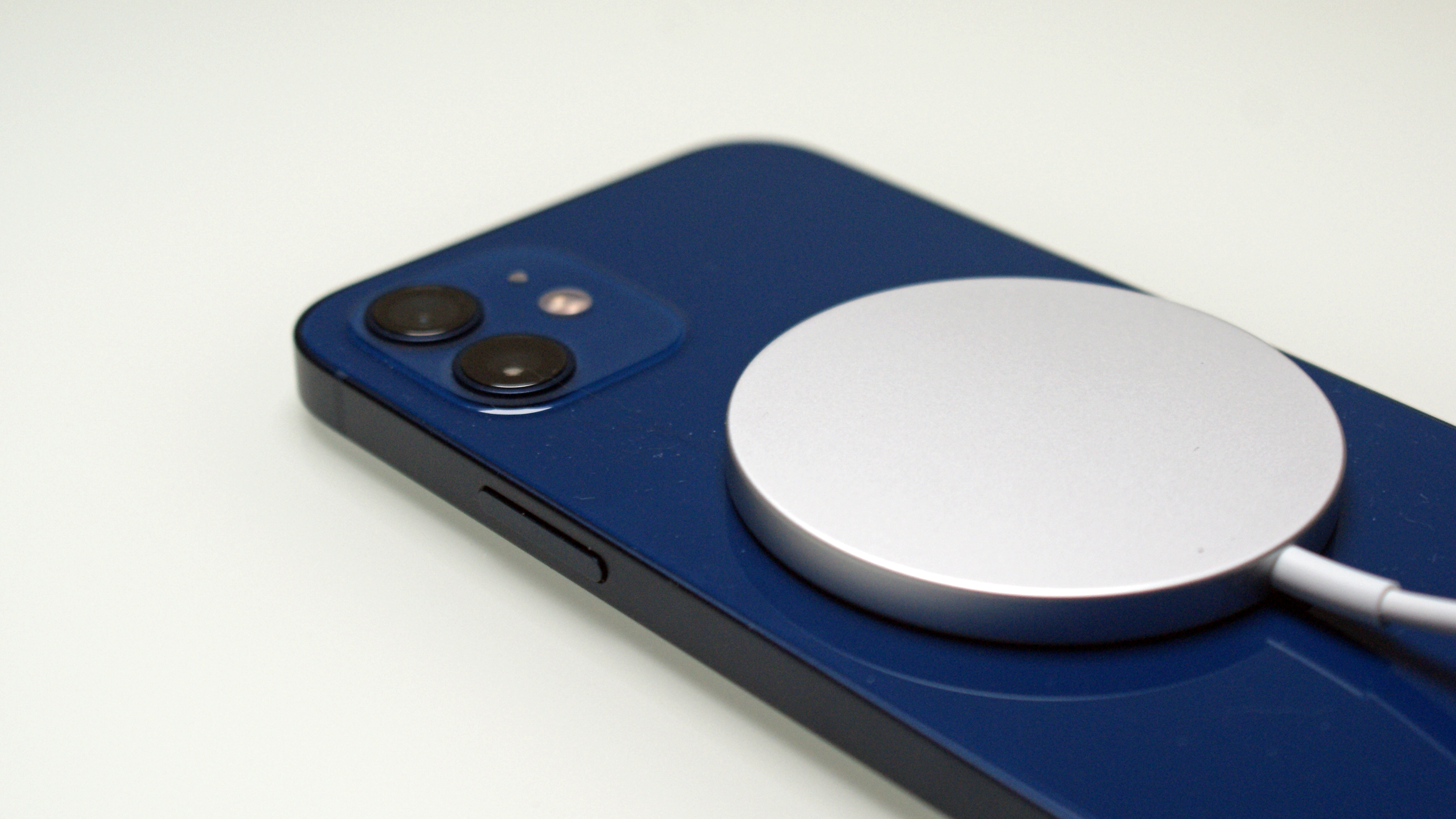
Expect 5G to have an impact on the iPhone 12's battery life too, albeit a worthwhile impact so that you gain better browsing speeds.
It's worth noting that the iPhone 8 was the first of the range to offer wireless charging, with the iPhone 12 continuing that trend and building upon it. Now offering MagSafe wireless charging, you've got an extra option for how you charge safely.
Just bear in mind that the iPhone 12 doesn't come with its own charger block - only a charging cable - which can be a nuisance if you don't already have a spare available.
Takeaway
Is the iPhone 12 or iPhone 8 better? Clearly, the iPhone 12 is the best option if money is no object, but you can buy an iPhone 8 for a lot less.
If you're a power user keen to have one of the fastest iPhones and a better camera, you'd be wise to find the cash for the iPhone 12. That's also the case if you like to watch movies and other streaming content while on the move, with the superior OLED display making a difference here.
However, if you'd prefer a smaller phone that you can easily grip in one hand, even with small hands, then the iPhone 8 may still appeal. After all, if you're not too fussed about taking many photos, do you really need to spend the extra on a high-end camera? Exactly. Instead, you can save a lot of money and enjoy a more comfortable to store device.
Ultimately, only you know where your priorities lie. Is it with the latest tech or a comfy one-handed device?
- Looking for more options? Check out all the best iPhones

Jennifer is a roving tech freelancer with over 10 years experience. Having graduated from Swansea University with a degree in Media and Communication Studies, and later with a diploma from Staffordshire University with a post graduate diploma in Computer Games Design, she's written for a huge number of publications, including T3, FitandWell, Top Ten Reviews, Eurogamer, NME and many more.
Her main areas of interest are all things B2B, smart technology, wearables, speakers, headphones, and anything gaming related, and you'll find her writing everything from product reviews to buying guides and hunting down the latest coupon codes to save you money. In her spare time, she enjoys the cinema, walking, and attempting to train her pet guinea pigs. She is yet to succeed.
